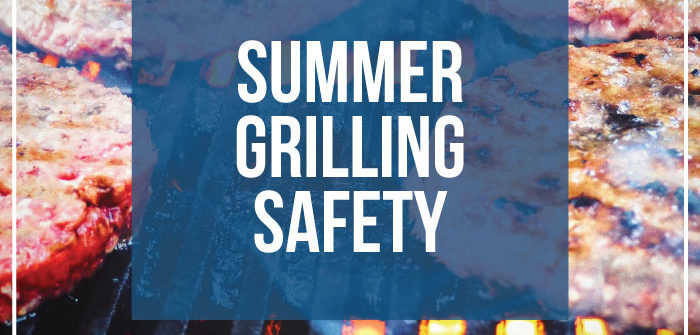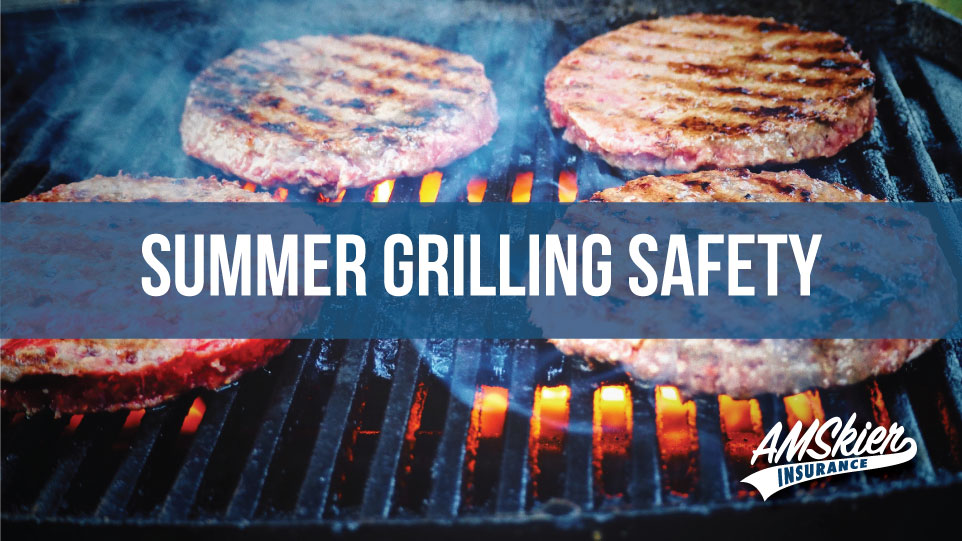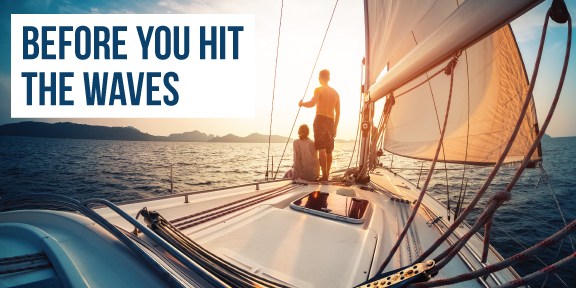 Child Pornography – A Parents Nightmare
Child Pornography – A Parents Nightmare
Children do foolish things, but few are as foolish as taking a compromising photo of themselves and transmitting it to someone else, usually a boyfriend or girlfriend. And while there is some debate over whether or not the mere taking of the photograph is illegal, if the picture includes images of private parts, the transmission of it, even to another minor, constitutes the crime of dissemination of child pornography, which is a felony. In fact, the person receiving the photo is, technically speaking, in possession of child pornography, which is a crime in and of itself. Further, anyone possessing that smartphone that took the photo is also guilty, assuming he or she knows that the picture is there. And if that person deletes the image, or instructs another to do so, he or she is now guilty of obstruction of justice and/or tampering with evidence.
If a parent becomes aware that an illegal image is contained on their child’s phone, what should they do? What if the phone is now in the adult’s possession?
Under no circumstances should an adult ever delete such an image. This is a crime, plain and simple. There is no way of knowing if the photo has already made its way into the cyber world. If the image ever becomes part of a criminal investigation, and law enforcement discovers that you have in effect destroyed evidence of a crime, you could find yourself facing criminal prosecution.
If you know that a device in your possession contains a child pornography image, you should never deliver that device to anyone, including the owner. By doing so, you become a distributor. Again, if the picture has been sent to another device and becomes the subject of a criminal investigation, your actions could very well result in charges being filed against you. Child pornography is always taken seriously, and the fallout of being accused of doing something illegal in this area is unimaginable. As parents, you need to contact your local law enforcement agency and follow their instructions. Doing anything else could find you on the wrong end of a criminal prosecution.
Was This Helpful? Get More Content Like This!
Join Our Broad & Bright Mailing List By Signing Up Below
AMSkier Clients already receive these articles and much more.


 Child Pornography – A Parents Nightmare
Child Pornography – A Parents Nightmare
 New Laws & Fireworks Safety
New Laws & Fireworks Safety
 Summer Grilling Safety
Summer Grilling Safety



